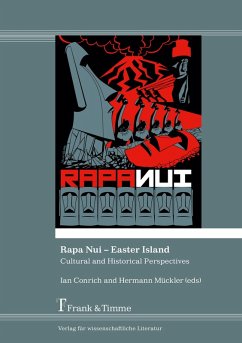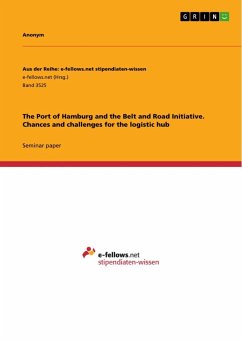
An island in the middle of the road
Ethnography of a child placement service
Versandkostenfrei!
Versandfertig in 6-10 Tagen
66,99 €
inkl. MwSt.

PAYBACK Punkte
33 °P sammeln!
Situated in the field of the anthropology of social intervention practices, this study deals with the day-to-day relationships that are forged between people who are socially responsible for acting in the interests of children (members of an association, social workers, childminders) and people concerned by this mission that is given to them in the name of child protection - in this case, the parents and the children themselves. The framework in which the research was carried out is that of an association, installed on an island on the west coast of France, which receives so-called single-pare...
Situated in the field of the anthropology of social intervention practices, this study deals with the day-to-day relationships that are forged between people who are socially responsible for acting in the interests of children (members of an association, social workers, childminders) and people concerned by this mission that is given to them in the name of child protection - in this case, the parents and the children themselves. The framework in which the research was carried out is that of an association, installed on an island on the west coast of France, which receives so-called single-parent families, originating from "the mainland", whose children are taken care of by the Social Assistance to Children. Insofar as, in addition to the particularity of foster care in an institution, the insularity, a topographical characteristic of the place of residence, is added, the study questions the permanence of former operators in the logic of aid and social protection.












